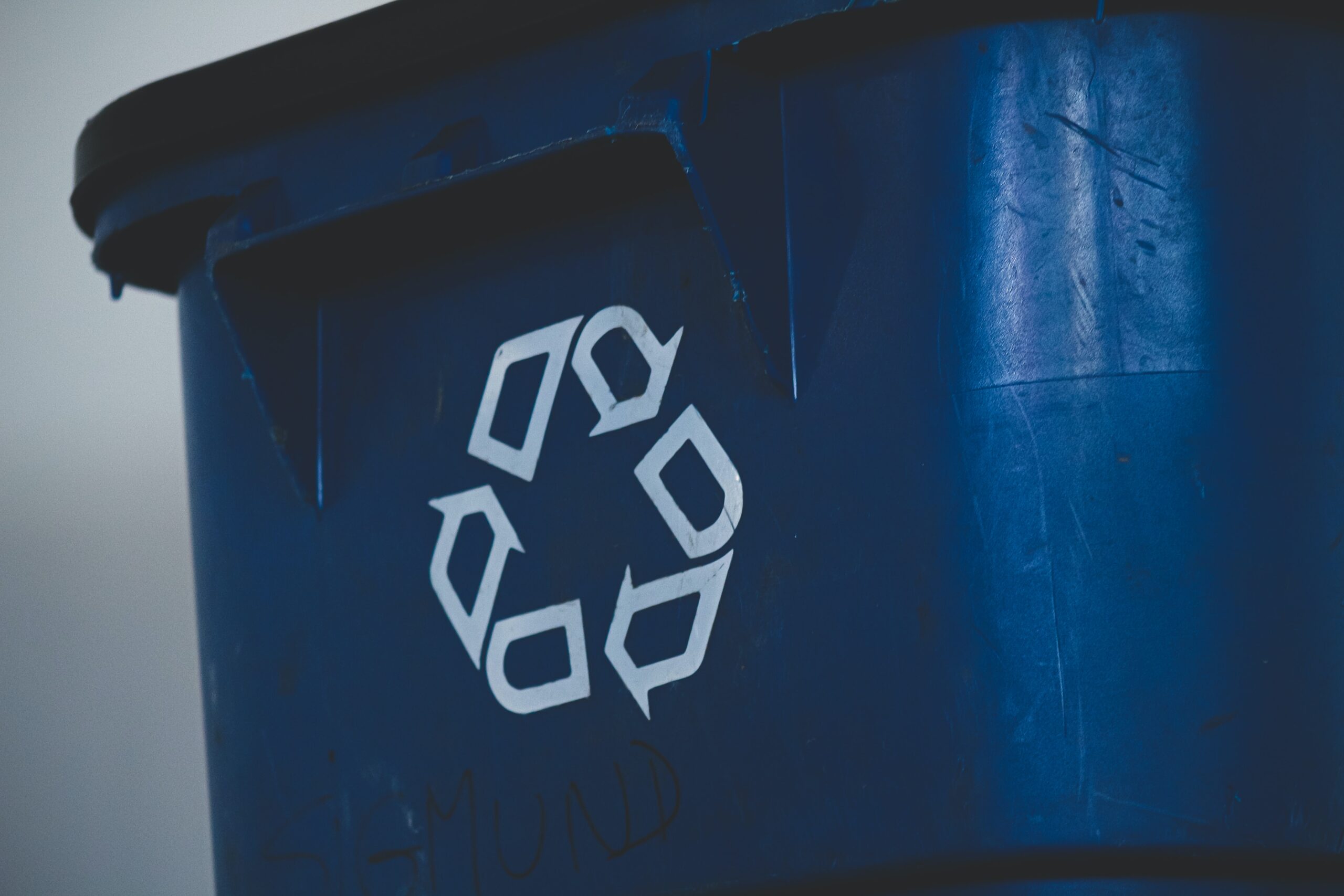AMBR Supports State and National Bottle Deposit Policies to Improve Recycling
AMBR supports bottle deposit policies as an unparalleled solution to reach high recycling rates for aluminum, glass, and plastic beverage containers.
AMBR supports state-level policies to improve and expand existing bottle deposit policies as well as the push for a national program. AMBR considers bottle deposit policies as one of the top three most influential and important policy tools for increasing recycling rates and increasing the use of recycled content in new products and packaging.
Overall, a well-designed national bottle bill could have significant environmental and economic benefits, projected to reduce regional greenhouse gas emissions by roughly 550,000 metric tons, save municipalities between $111 million and $160 million, and create over 2,700 jobs.


Bottle Deposits Can Complement Curbside Recycling
States with bottle deposits have much higher recycling rates than other states.
Globally, over four decades of performance has demonstrated that effective bottle deposit policies result in recycling rates of up to 95% for beverage containers. These recycling rates are far greater than what can be achieved through curbside recycling alone. The success of effective deposit programs is simply indisputable.
However, bottle deposit policies should not be positioned against curbside recycling. It is not an either-or scenario: to truly scale up recycling rates, we need both effective curbside programs and bottle deposit policies.

Curbside recycling and bottle deposit policies can and do complement each other. We just need a transition plan.
Recycler-Supported Bottle Bill Components
AMBR supports bottle deposit systems as one of the most important policies to increase recycling rates and the use of recycled content in new products.

Principles for Effective Bottle Deposit Policies
In order to improve the recycling system and support a circular economy, AMBR supports bottle deposit systems that include:
- A broad range of beverage containers, including all carbonated and non-carbonated beverages, all alcoholic beverages, dairy products, and aseptic cartons;
- A minimum 10-cent deposit on containers;
- The expansion of reusable and refillable beverage containers;
- A transition plan to help curbside recycling programs and MRFs;
- Minimum recycled content standards to increase bottle-to-bottle recycling; and
- Fair and inclusive standards for informal workers. Learn more about informal workers.

Recyclers Should Support Transition to Bottle Deposits
AMBR members operate recycling facilities in states with and without bottle bills. We see firsthand the opportunities and challenges of both systems. It is critical for policymakers to understand that instating a new bottle deposit program will disrupt and could substantially threaten the viability of existing curbside recycling systems. One study found an effective bottle deposit policy would increase the costs of household recycling for other materials by $4.50 per household annually. This is not an acceptable solution; we cannot expand bottle deposits that undermine the recycling of other materials.
However, it is short-sighted and detrimental to recycling as a whole for waste and recycling haulers, operators, and industry groups to oppose bottle deposit programs. While existing businesses have legitimate concerns about how a bottle deposit policy is implemented, that is not grounds to singularly reject this solution. AMBR is setting a new direction for recyclers to support bottle deposit policies as an effective policy solution and a call to action to engage constructively in these crucial policy discussions.
Recycling operators, both haulers and MRFs, need to work with policymakers and other stakeholders to include provisions in new bottle deposit policies that help curbside recycling programs adapt and restructure to the changing material stream created by a deposit return system. By developing a transition plan and supporting resources for recycling operators, we can successfully operate both programs in sync and maximize the environmental, economic, and social benefits of recycling.

Vision for a Curbside-Compatible Bottle Deposit System
AMBR is working with stakeholders along the value chain to create a recommended policy solution to build a transition plan for MRFs to move to a bottle deposit system. We are exploring options including:
- Compensating MRFs for the refund values on containers processed at the MRF. This must be directly tied to material quality;
- Grants, loans, or other financial tools to support MRFs to invest in new and upgraded equipment for the changing material stream;
- Designating revenue share to MRFs; and
- Producer Responsibility policies to fund recycling collection and processing costs.